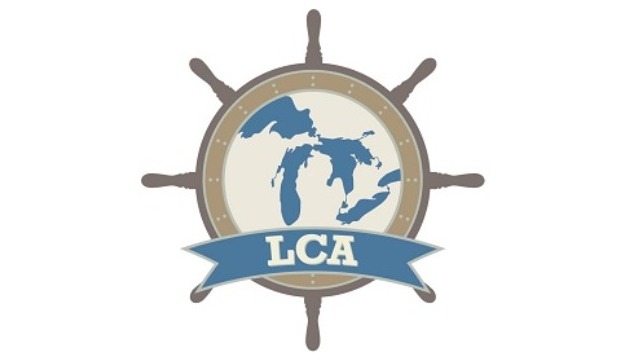LCA Welcomes FMC Formal Investigation on Great Lakes Cross-Lake Trade

CLEVELAND, OHIO (June 23, 2020) – The U.S.-based Lake Carriers’ Association (LCA) applauds the unanimous decision of the Federal Maritime Commissioners (FMC) to accept LCA’s petition alleging that Transport Canada’s proposed ballast water regulations discriminate against U.S.-flag vessels. The vote took place on May 20th and the FMC recently took the next step, accepting public comments on the issue.
According to Jim Weakley, President of the Lake Carriers’ Association, “Congress has been clear that ballast water discharges in United States waters should be regulated by the United States Environmental Protection Agency and the United States Coast Guard with input from the states and stakeholders. Congress did not assign that role to Transport Canada. Transport Canada proposes a regulation that gives Canadian-flag vessels a monopoly on the Great Lakes bi-national trade. They would create an economic barrier to U.S. vessels that they incorrectly claim is required by an international convention to which the U.S. has not agreed. This is an economic power grab by Canada to take U.S. cargoes off U.S. ships and transfer them to Canadian vessels. When the State of New York proposed something similar in 2008, the Canadian Government and Canadian industry vehemently objected. Based on the Canadian sovereignty objection, New York repealed their regulation. Like the rest of the world, Canada should only regulate other country’s vessels and their discharges within its own waters. Canada certainly should not regulate U.S. vessels operating in the U.S. waters of the Great Lakes. U.S. exports should not be required to be carried on Canadian-flag ships because of a Canadian regulation. This is not just a regulatory embargo, it is a regulatory blockade.” The Lake Carriers’ Association President went on to note, “U.S.-flag vessel operators were the only vessel owners excluded from the Canadian Government-Industry Ballast Water Working Group, which was co-chaired by Transport Canada and the Chamber of Marine Commerce, representing Canadian-flag vessel operators. The Marshall Island-flagged vessel operators were welcomed, we were not.” The full petition can be read here.
FMC Chairman Michael Khouri on the day of the vote stated, “The Commission’s action today to initiate this Section 19 investigation will provide the Commission the ability to act quickly in the event it is necessary to level the playing field for the U.S. Great Lakes fleet” (Chairman Khouri Full Statement). That same day, Commissioner Daniel Maffei stated, “As a native of the Great Lakes region, I understand the need to protect the ecosystems in the lakes from invasive species and how important it is that we have a good relationship with our Canadian friends... If there is a chance the Government of Canada is using the International Maritime Organization ballast water regime as an excuse to treat U.S. flagged vessels unfairly, the Commission must investigate. If we find the petition has merit, we must not allow even our greatest trading partner to greenwash unfair protectionism” (Commissioner Maffei Full Statement). Commissioner Louis Sola stated, “While it is true Transport Canada has yet to implement the proposed ballast water regulation and may yet choose to refrain from its implementation, I felt it would be imprudent to wait until the rules were in effect to determine the economic impact of said regulation” (Commissioner Sola Full Statement). In an updated statement he noted, “Given the importance of this issue and its far reaching impact upon the maritime trade on the Great Lakes, I encourage anyone who has either a direct or indirect interest in the proposed Transport Canada rule to file a comment and make your voice heard” (Commissioner Sola Updated Statement). Commissioner Carl Bentzel stated, “The proposed Canadian regulation appears to go further than provisions regulating ballast water discharges into Canadian waters and would require U.S.-flagged Laker vessels to install a ballast water management system (BWMS) to treat ballast water even if they only load, and do not discharge ballast water in Canadian waters” (Commissioner Bentzel Full Statement). In an updated statement, Commissioner Bentzel noted, “I continue to be concerned that the Canadian regulatory proposal implements requirements that were not envisioned as a primary focus of the IMO International Convention for Control and Management of Ships’ Ballast Water and Sediments.” (Commissioner Bentzel Updated Statement).
The products and services herein described in this press release are not endorsed by The Maritime Executive.
